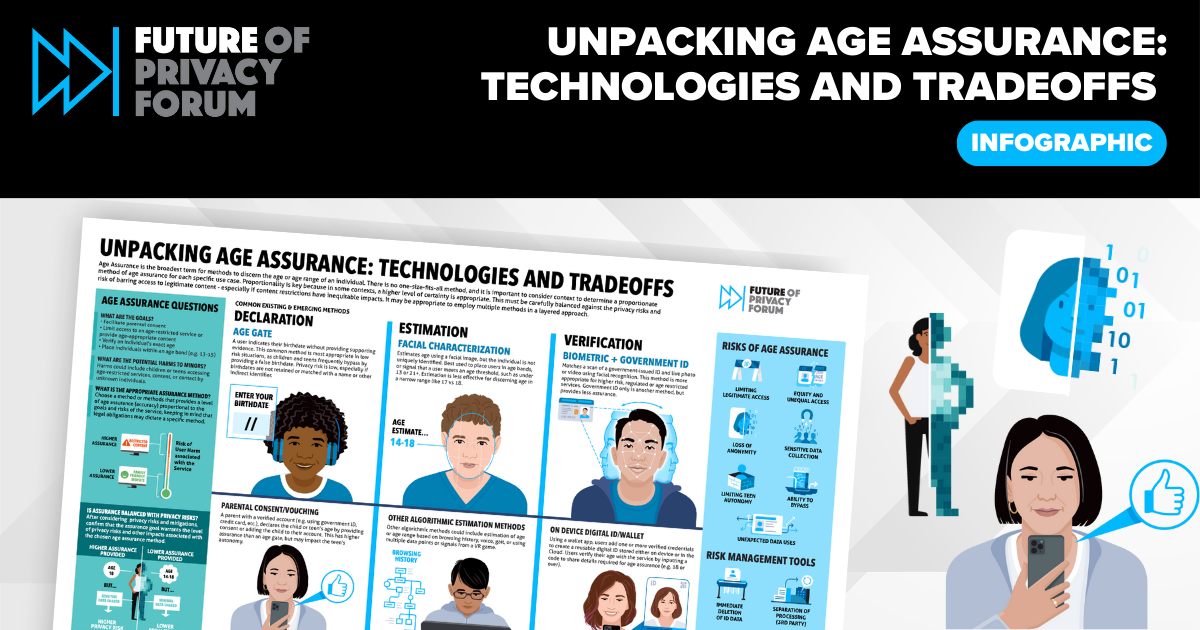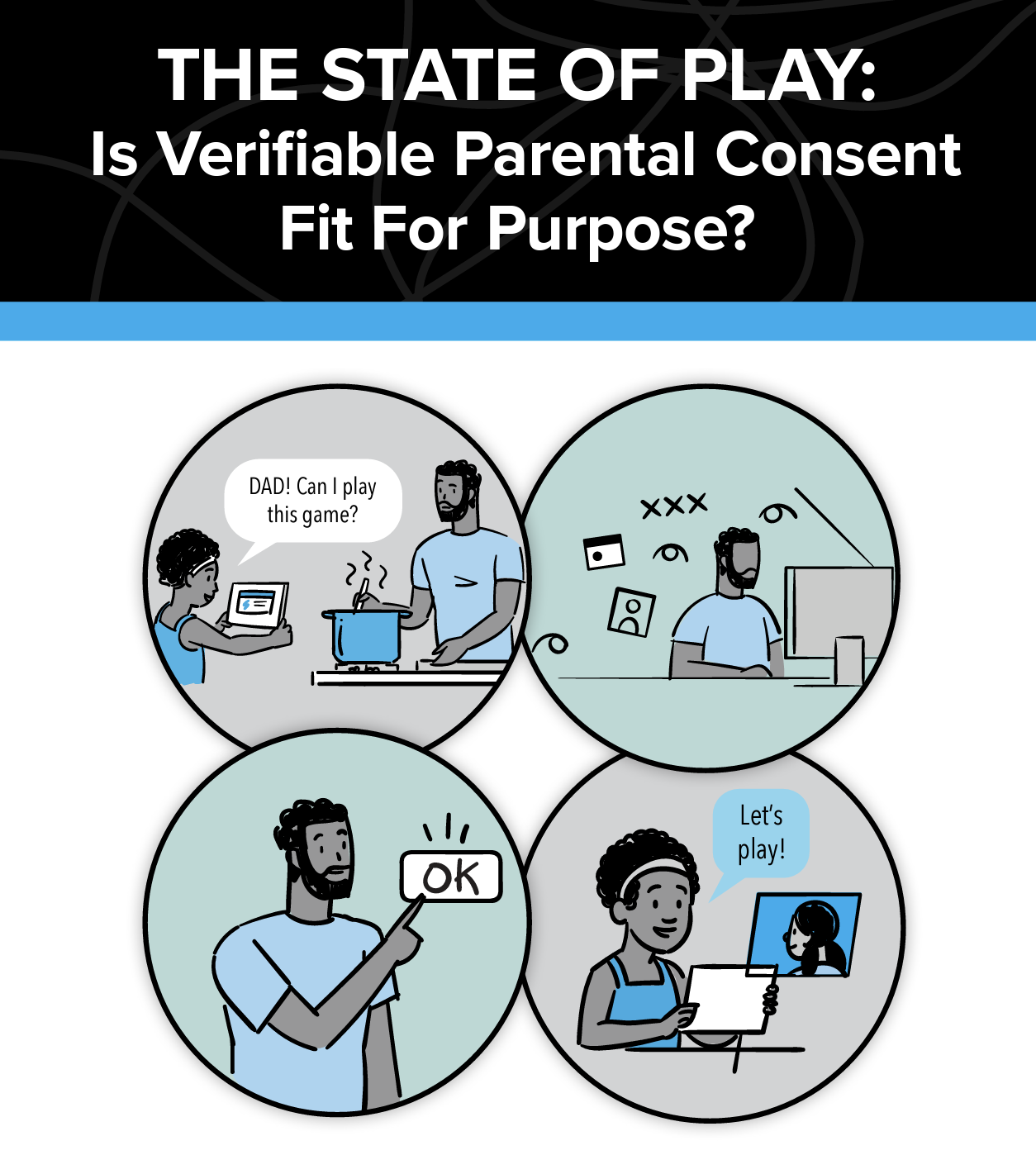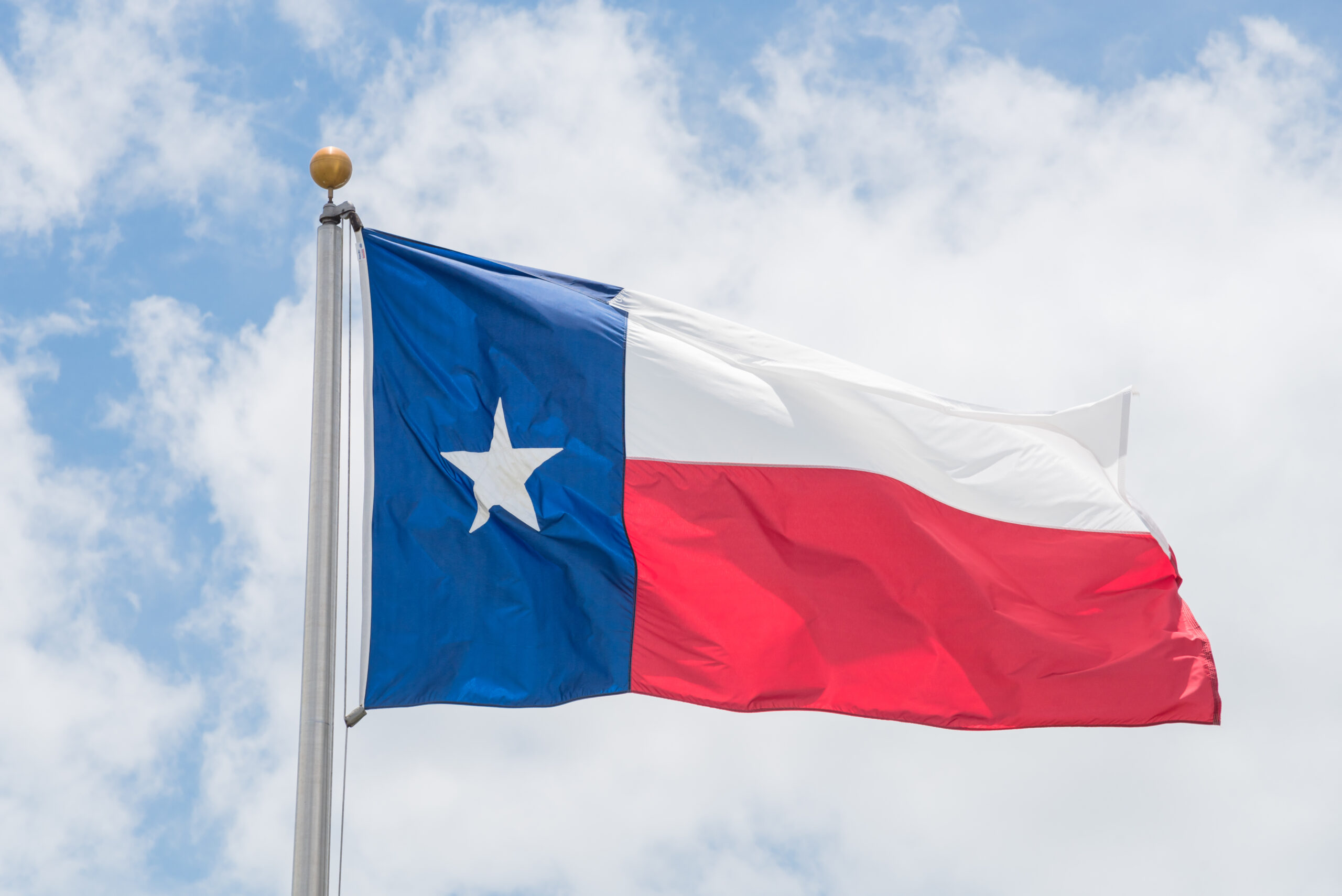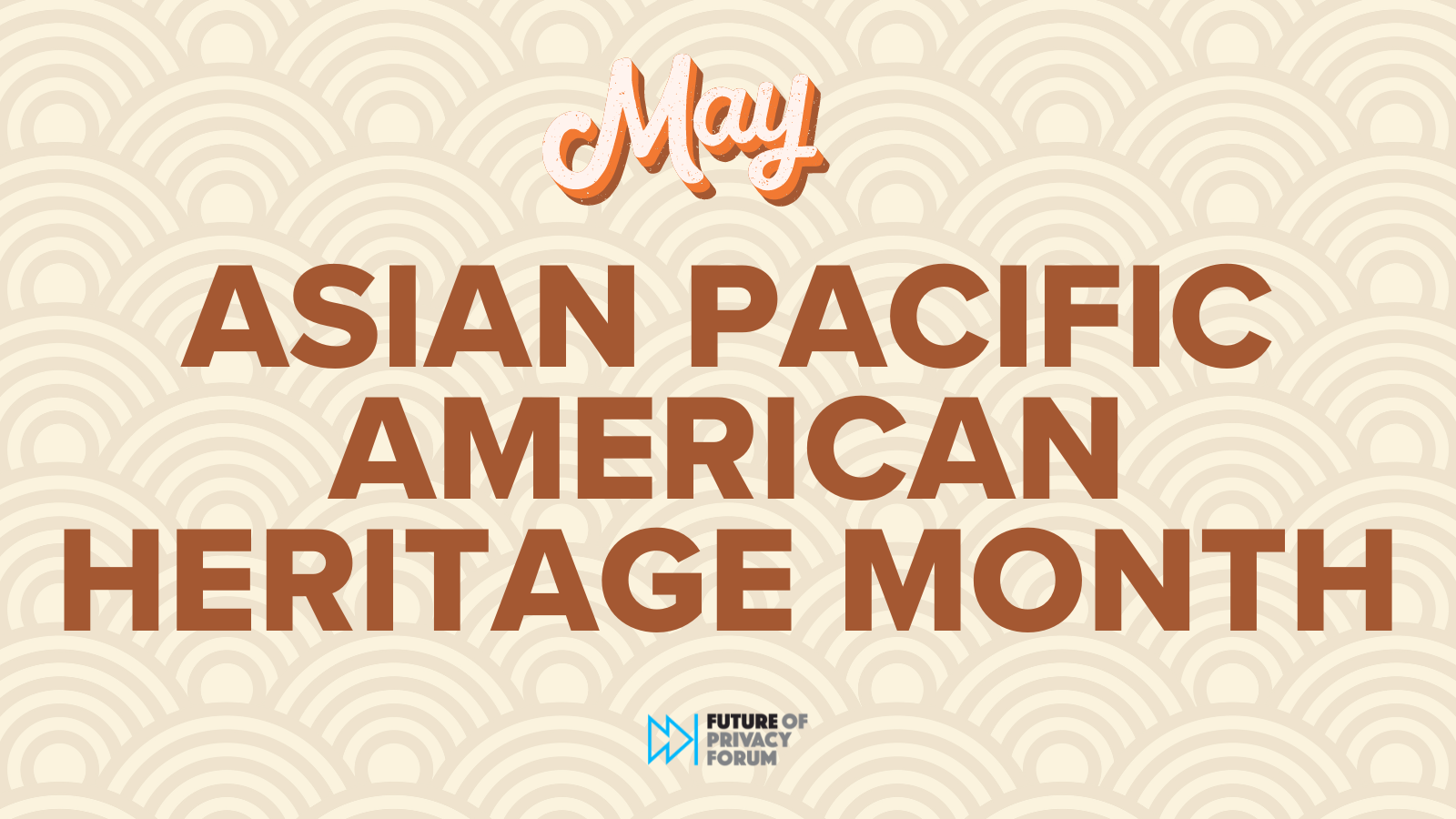
Become a Member
Collaborate Anticipate Challenges Network FPF’s 220+ member companies include the most respected privacy executives from the leading global companies across a variety of industries and sectors. FPF membership allows you to collaborate with your peers, and leverage our networks and FPF experts to anticipate future challenges in data protection & privacy. Advisory Board Members benefit […]

Nigeria’s New Data Protection Act, Explained
On June 12, 2023, the President of Nigeria signed the Data Protection Bill into law following a successful third reading at the Senate and the House of Representatives. The Data Protection Act, 2023 (the Act) has had executive and legislative support and marks an important milestone in Nigeria’s nearly two-decade journey towards a comprehensive data […]

We’re On to Oregon: Sixth State Privacy Law of 2023 Creates New Consumer Rights and Protections
On June 22nd, lawmakers in Salem passed SB 619, the Oregon Consumer Privacy Act (“OCPA”). If enacted by Governor Kotek, Oregon will become the eleventh U.S. state (and sixth in 2023) to adopt broad-based data privacy legislation governing the collection, use, and transfer of consumer data. The bulk of OCPA’s requirements will take effect on […]

New FPF Infographic Analyzes Age Assurance Technology & Privacy Tradeoffs
As a growing number of federal and state children’s online privacy and safety proposals seek to age-restrict social media and other online experiences, FPF released a new infographic, Unpacking Age Assurance: Technologies and Tradeoffs. The infographic analyzes the risks and potential harms associated with attempting to discern someone’s age online, as well as potential mitigation […]

Unveiling China’s Generative AI Regulation
Authors: Yirong Sun and Jingxian Zeng The following is a guest post to the FPF blog by Yirong Sun, research fellow at the New York University School of Law Guarini Institute for Global Legal Studies at NYU School of Law: Global Law & Tech and Jingxian Zeng, research fellow at the University of Hong Kong […]

FPF Releases Report on Verifiable Parental Consent
Today, FPF released a new report on the effectiveness of a key federal children’s privacy requirement known as verifiable parental consent (VPC). The Children’s Online Privacy and Protection Act (COPPA) requires operators of child-directed services to provide parents with detailed, direct notice and obtain parents’ affirmative express consent – verifiable parental consent – before collecting […]

The Right to be Let a Lone Star State: Texas Passes Comprehensive Privacy Bill
Over Memorial Day weekend Texas lawmakers passed the Texas Data Privacy and Security Act (TDPSA) with unanimous votes in both the State House and Senate. If enacted by Governor Abbott, Texas will become the tenth U.S. state (and fifth in 2023) to enact broad-based data privacy legislation governing the collection, use, and transfer of consumer […]

During Asian Pacific American Heritage Month, a look at how better data can benefit AANHPI individuals and communities
May is Asian Pacific American Heritage Month (APAHM), a celebration of Asian Americans, Native Hawaiians, and Pacific Islanders (AANHPIs) in the United States. However, there are challenges that this rapidly growing racial group experiences, specifically regarding the collection and use of AANHPI data. In honor of APAHM, we are highlighting the gaps in research and […]

Shining a Light on the Florida Digital Bill of Rights
On May 4, 2023, the Florida ‘Digital Bill of Rights’ (SB 262) cleared the state legislature and now heads to the desk of the Governor for signature. SB 262 bears many similarities to the Washington Privacy Act and its progeny (specifically the Texas Data Privacy and Security Act). However, SB 262 is unique given its […]

New FPF Report: Unlocking Data Protection by Design and by Default: Lessons from the Enforcement of Article 25 GDPR
On May 17, the Future of Privacy Forum launched a new report on enforcement of the EU’s GDPR Data Protection by Design and by Default (DPbD&bD) obligations, which are outlined in GDPR Article 25. The Report draws from more than 92 data protection authority (DPA) cases, court rulings, and guidelines from 16 EEA member states, […]
